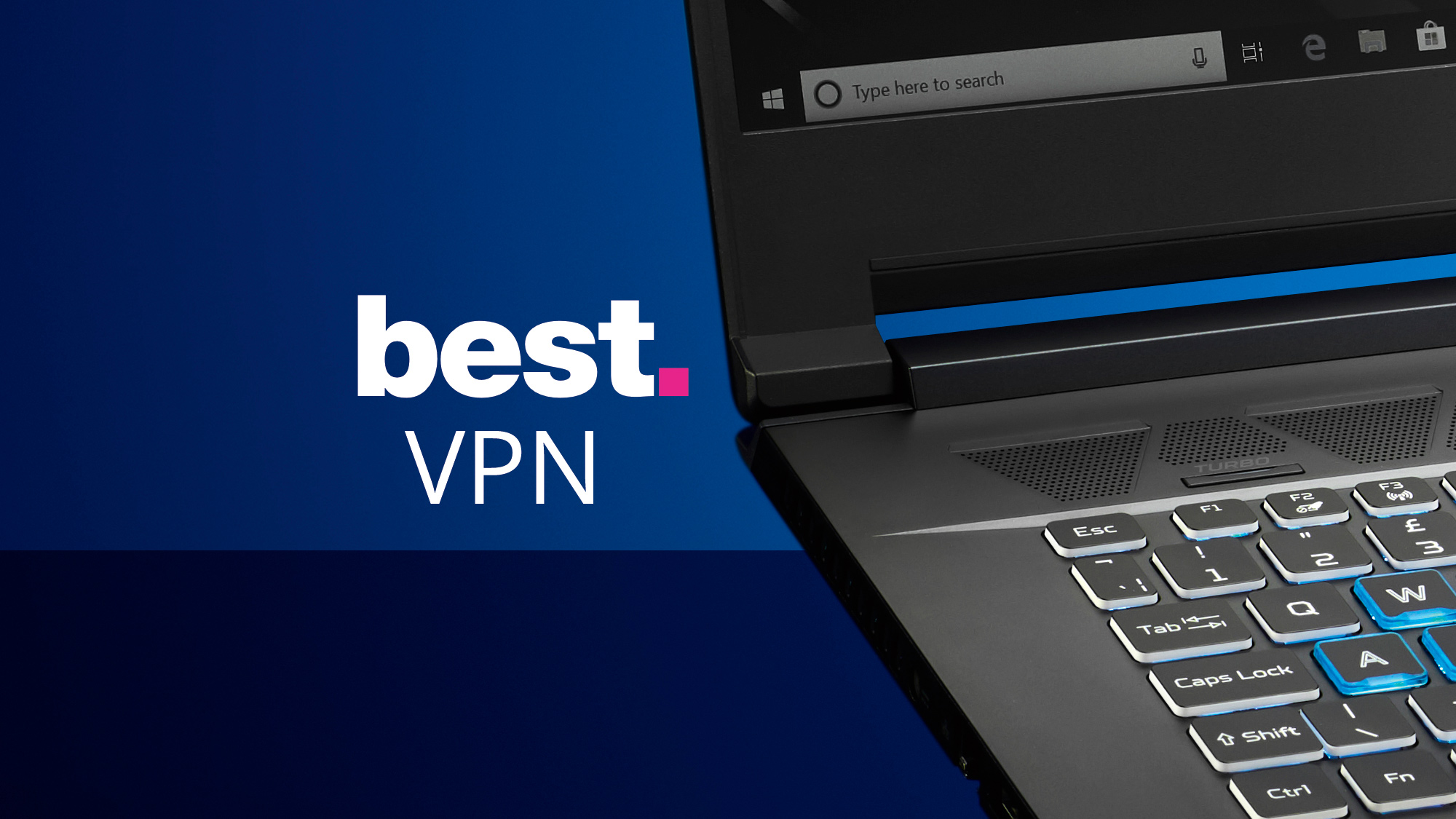Instant messaging is part of our personal and professional lives in the digital age and necessitates privacy and security. This post offers five crucial instant messaging security tips to keep your sensitive data safe.
Understanding Instant Messaging
It’s important to understand the instant messaging (IM) landscape before tackling security. Many messaging services cater to diverse user preferences. WhatsApp, Telegram, Signal, and Facebook Messenger are all popular. These services have shown exponential user growth, demonstrating the global popularity of instant messaging.
However, instant messaging’s prevalence raises cyber dangers. Malware and phishing assaults are frequent, endangering consumers’ privacy and security. Cybercriminals use social engineering to lure people into sharing personal information. Data leaks and privacy violations are also becoming more common, making instant messaging networks vulnerable. Here are a few tips that can help strengthen messaging networks and enhance instant messaging security:
Secure Messaging App Selection
First, choose a secure texting programme. Consider end-to-end encryption, data privacy, and platform security when choosing a messaging app. Choose apps with strong data security or end-to-end encryption, such as Signal or WhatsApp.
Encryption Techniques
Encryption protects your communication and accounts. Using uppercase and lowercase letters, numbers, and special characters can make your messaging account passwords strong and unique. Passphrases are also more memorable than single-word passwords; for example, “BlueElephantTango123!” is safer than “password1.” It’s best to avoid reusing passwords across platforms as well, as it raises risk.
Two-Factor Authentication
Two-factor authentication (2FA) secures messaging accounts. If someone steals your password, 2FA requires a second verification step, such as a code sent to your phone. Most messaging apps include 2FA settings, which improve instant messaging security.
Protecting Online Chats
Share critical information with caution in online discussions. Avoid sharing financial or password information in public or insecure chats. Instead, use end-to-end encrypted messaging apps or private conversations. Clicking on dodgy links or downloading attachments from unknown sources may lead to malware or phishing as well.
Update and Patch Messaging Apps Regularly
Software upgrades and patches protect messaging apps. Updates fix security issues and improve protection. Update your messaging applications regularly to get the latest security and bug patches. Enable automatic updates or manually check app updates to stay up-to-date.
Cybersecurity Measures
Implementing the aforementioned guidelines is vital, but taking additional cybersecurity measures can improve your instant messaging security. Follow safe messaging practises, don’t open suspicious links or attachments, and avoid sharing personal information with unfamiliar individuals. This can help promote internet and messaging app safety.
Instant Messaging Privacy and Organisations
Organisations must safeguard their messaging systems to preserve sensitive data. End-to-end encryption and access control can improve instant messaging privacy in organisations. Protecting sensitive corporate data requires data protection compliance and the implementation of customised secure communication platforms.
These systems should have built-in encryption, granular user rights, and archives. Regularly training employees on instant messaging security best practices is also a great way to prevent breaches and ensure safe organisation-wide communication.
Instant Messaging Privacy
We all respect our privacy, and now more than ever, the use of multiple messaging apps has increased, making privacy and security essential. We can message anyone, anywhere on the globe, with a single click. However, there may be privacy issues associated with this convenience.
It’s essential to put certain cybersecurity measures in place to guarantee messaging app security and safeguard online discussions. For instance, one of the best ways to protect your communication is to use powerful encryption techniques. Your data can be rendered unreadable to outsiders with this type of encrypted texting, shielding your online conversations from potential dangers.
Additionally, using apps with end-to-end encryption, updating your software, and being cautious with the information you give can significantly improve the security of your messages. A big step towards a safer online communication environment is comprehending these techniques and the value of instant messaging privacy.
Common Questions About Instant Messaging Security
How can I improve instant messaging security and privacy across apps?
Use secure messaging programmes that prioritise encryption to protect your instant messaging privacy. Encrypted messages are unintelligible to anyone but the recipient with these apps. Keep your apps updated, don’t share sensitive data, and use strong, unique passwords for each platform.
What are reliable instant messaging app encryption methods?
Online discussions are encrypted using several methods. Most messages are encrypted end-to-end, so only the sender and receiver can read them. Some apps feature self-destructing texts that delete after a certain period. A VPN can further encrypt and secure your internet connection.
What cybersecurity precautions should I take to secure my daily instant messaging use?
Always download messaging programmes from reliable sources, update them, and use strong, unique passwords to improve security. Make sure the app encrypts and clears chat history, especially for critical chats. Avoid clicking on questionable links in messages and revealing personal information unless necessary.
How does secure messaging affect my digital safety, and how can I improve it?
Secure texting is essential to digital safety since it protects your personal and sensitive data. Choose messaging apps with robust encryption, use two-factor authentication, limit personal information, and be informed about cybersecurity concerns.
What are the best ways to secure messaging apps and online chats?
Always use strong, unique passwords and two-factor authentication to protect messaging apps. Use apps with self-destructing communications and end-to-end encryption. To get new security features and patches, update your apps often. Beware of phishing and avoid clicking on unexpected links.






